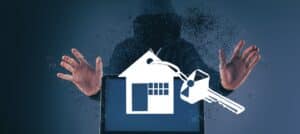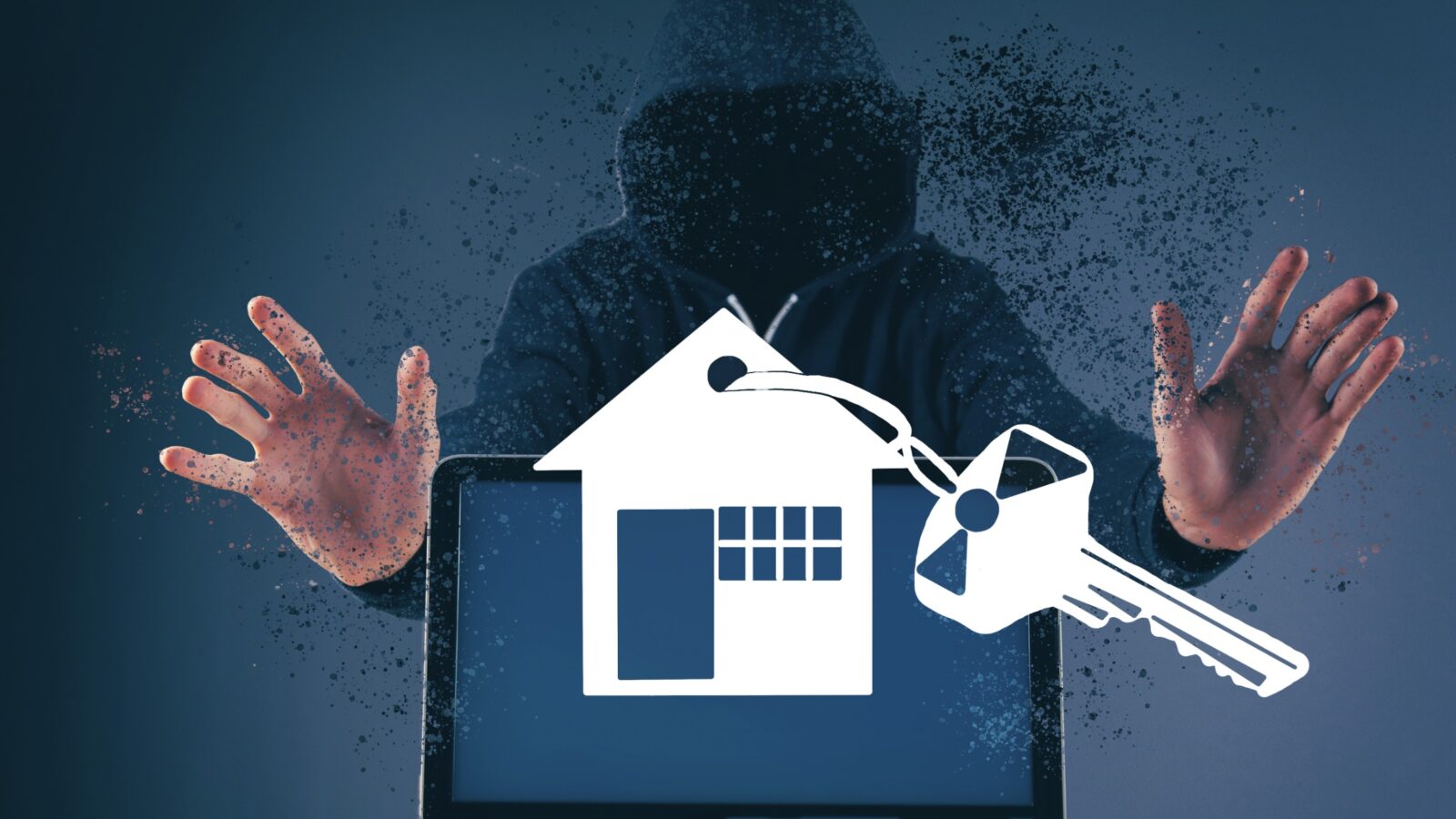One thing I have learned since becoming a professional real estate investor and portfolio manager working with hundreds of investors is that most get started with this 1 investment move. It’s easy, effective, and likely the most obtainable by the average person just starting out. This is one of the best ways to get started and probably the number one most common house hack for beginner real estate investors. There are many forms of house hacking; renting out rooms, buying a duplex and living in one unit, buying a quad and living in one unit, etc. This ‘House Hack.’ that we will be discussing in this blog post is purchasing another primary residence and turning your current home into a rental property. Why is this so frequently used, fairly easy, and so effective…..hear me out…. There are a couple main advantages for why doing this makes sense.
 First, most don’t have the cash to buy an investment rental property without obtaining a mortgage. When you buy a primary home you don’t need as large of a down payment as when you obtain an investment property to qualify. When you buy an investment home the lender will require at a minimum 20% down on the home in order to qualify. As of today, it will require roughly 40%-50% down to be cash flow positive on your rental property when purchasing. This is not always the case for a primary residence. This helps to reduce the amount of cash needed to acquire your next home as it will be your primary residence.
First, most don’t have the cash to buy an investment rental property without obtaining a mortgage. When you buy a primary home you don’t need as large of a down payment as when you obtain an investment property to qualify. When you buy an investment home the lender will require at a minimum 20% down on the home in order to qualify. As of today, it will require roughly 40%-50% down to be cash flow positive on your rental property when purchasing. This is not always the case for a primary residence. This helps to reduce the amount of cash needed to acquire your next home as it will be your primary residence.
Secondly, the mortgage lender will give you a better rate of roughly 2% lower than on an investment home which can save you $500-$1000 in interest per month. That’s $6000-$12000 in savings a year. This allows you to keep lower interest rates on both homes as they were both your primary residence when obtained. Not a bad bonus….but there’s more, way more bonus than that.
Depending on how long you have owned your current home, it likely has quite a bit of equity. Many homeowners today are sitting on close to 50% equity with a 3-3.5% interest rate. The amount of equity you have in your existing home can help fund the purchase of your new home without selling it, or refinancing it. Don’t let go of your interest rate, this is probably the best investment deal you will ever have in your life. A HELOC (home equity line of credit) for example could be utilized to pull out some cash that may be required for a down payment. Check with your bank or mortgage lender to determine what options you may have to access equity without refinancing your low interest rate note. If you don’t have funds on hand for a down payment, a heloc could be utilized for your acquisition, although it comes with a higher interest rate, it still keeps your mortgage intact and your return on your investment should well exceed borrowing for this.
 Most people are eventually interested in an upgrade of their primary residence as time goes on. This is why people call starter homes, starter homes. Chances are If you have lived in your home for more than 4-5 years, your rental income is likely to well exceed what your mortgage payment is. This rental income will count towards your debt to income ratio enabling you or making it easier for you to qualify for your new home. That excess income will help cover your new mortgage and in some special cases the rental income could fully cover both your existing and new mortgage. Can you imagine living mortgage free?
Most people are eventually interested in an upgrade of their primary residence as time goes on. This is why people call starter homes, starter homes. Chances are If you have lived in your home for more than 4-5 years, your rental income is likely to well exceed what your mortgage payment is. This rental income will count towards your debt to income ratio enabling you or making it easier for you to qualify for your new home. That excess income will help cover your new mortgage and in some special cases the rental income could fully cover both your existing and new mortgage. Can you imagine living mortgage free?
Not only are you generating income and having some of your new house being paid for by your tenant, you now have 2 properties that continue to appreciate in value over time. This is a huge increase to your net worth and is paying out cash every month, called passive income.
On top of that, guess what?!!? Your rental income keeps going up, because over time rents increase just like home values increase, but your mortgage doesn’t, and the principal keeps getting paid down and eventually it’s paid off! If you look down the road you would then have 2 houses that are paid for and you could rent them both, giving you enough cash to live off of.
 While your asset continues to appreciate in value, it generates income, and the asset never goes away. It’s not a nest egg of cash like a retirement account. These hard assets have a proven track record for long term growth if properly maintained.
While your asset continues to appreciate in value, it generates income, and the asset never goes away. It’s not a nest egg of cash like a retirement account. These hard assets have a proven track record for long term growth if properly maintained.
In conclusion, upgrading into a new home and utilizing the prior one is an excellent and frequently used form of house hacking. If you have the funds or can access the funds to make the transition you can stand to benefit from the long term growth in value two homes can provide over 1. Having 2 homes will generate long term passive income, increase your net worth, and help to provide financial security.



